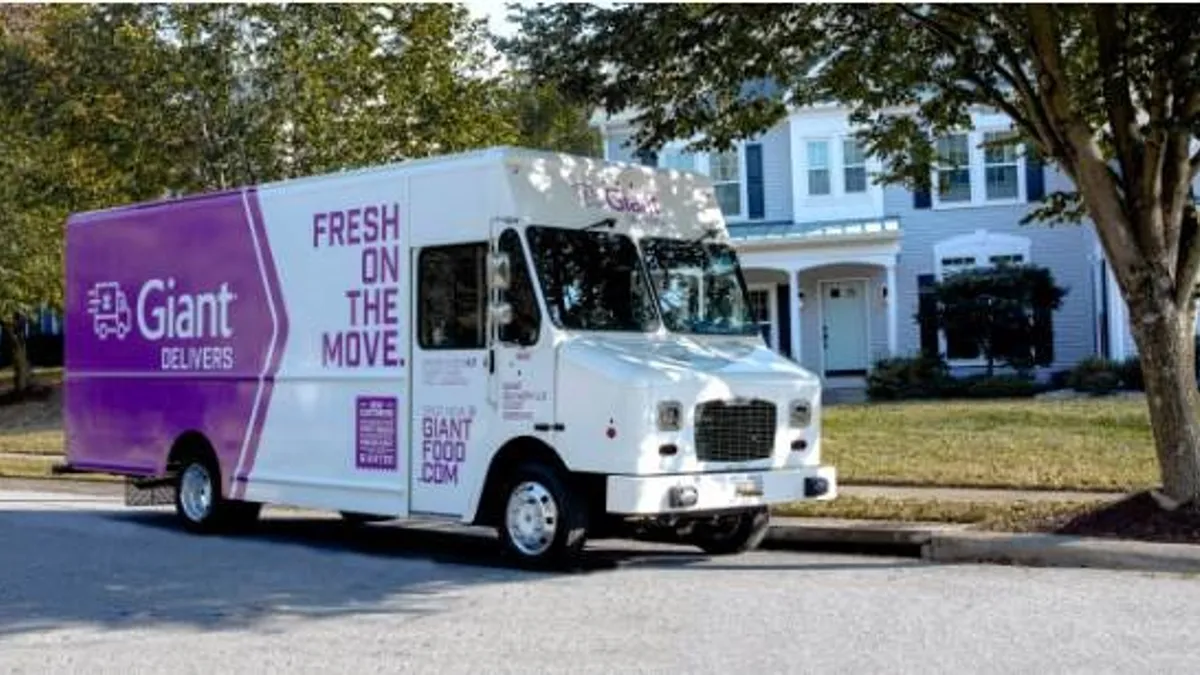As grocers continue to face challenges in recruiting and retaining workers, the industry stands to benefit from placing a greater emphasis on helping people view jobs in supermarkets as attractive — both before and after they arrive — according to research the National Grocers Association presented during a webinar last week.
Achieving that depends on presenting grocery stores as sources of stable, flexible and interesting work that also offer people the chance to grow, grocery industry analyst Michael Sansolo, who helped lead the study, said during the program hosted by the NGA and the NGA Foundation.
“We need to meet our staffers’ needs in much the way we do for our shoppers,” Sansolo said. “We have so many different demographic groups in our society, in our employee base, in our customers, so we have to be thinking about this range of people and all the different needs that they have.”
While performing the study, researchers found that grocers often do not make their workers aware of internal career advancement opportunities, Sansolo said.
“There were times where we interviewed individual staffers, and it was incredible what many of them did not know about the very companies they worked for,” he said. “They didn’t know how big they were. They had no idea the opportunities that existed, because no one had told them.”
Sansolo recommended that grocers pay greater attention to the role store managers play in nurturing relationships with employees and helping them feel that their roles matter. That means taking concrete steps to help people in management feel that their jobs are critical to the company’s success, he said.
Nico Sumas, co-president of Village Super Market, said during the webinar that his company used to place less emphasis on leadership skills when promoting people into management.
“I think we really learned that we had to kind of shift our process and our scope into the most important person in our store, the store manager, to care a little bit more deeply for that new employee,” said Sumas, whose company which runs 30 ShopRite locations in New Jersey, Maryland, New York and Pennsylvania.
Sansolo suggested that grocers concentrate on reducing turnover among workers during the first weeks on the job, noting that people are far less likely to leave if they have been on the job for several years than when they are early on in their tenure.
“We need as an industry [and] as individual operators to talk about the benefits of the kind of work you do in a supermarket that doesn’t exist in other places, a supermarket job,” he said. “Yes, you might have an inflexible schedule … but you do have steadiness. You do have something you can count on. That’s not something you get in the gig economy.”
Smaller stores tend to have a higher turnover rate than larger ones, while older workers tend to be significantly more loyal than their younger counterparts, according to the research, which was commissioned by the Coca-Cola Retailing Research Council and also presented by the NGA at its conference in March.
The turnover rate for boomers in the grocery industry is about 45%, compared with 72% for Generations X and Y and 90% for Generation Z, the study found.
In addition, specialized roles such as positions in the meat and bakery departments have much lower turnover rates than positions manning cash registers or stocking shelves, the data shows.
Sansolo said grocers should focus on baby boomers moving toward the end of their careers as a good source of labor, in part because people at that point in their lives might view a role in a supermarket as the right kind of work as they look to slow down.
“A lot of baby boomers are moving into retirement, have a need for some augmented income, so they’re looking for a part-time job. They may be looking to work in your stores,” said Sansolo. “First of all, it’s an activity — but it’s also income.”


















